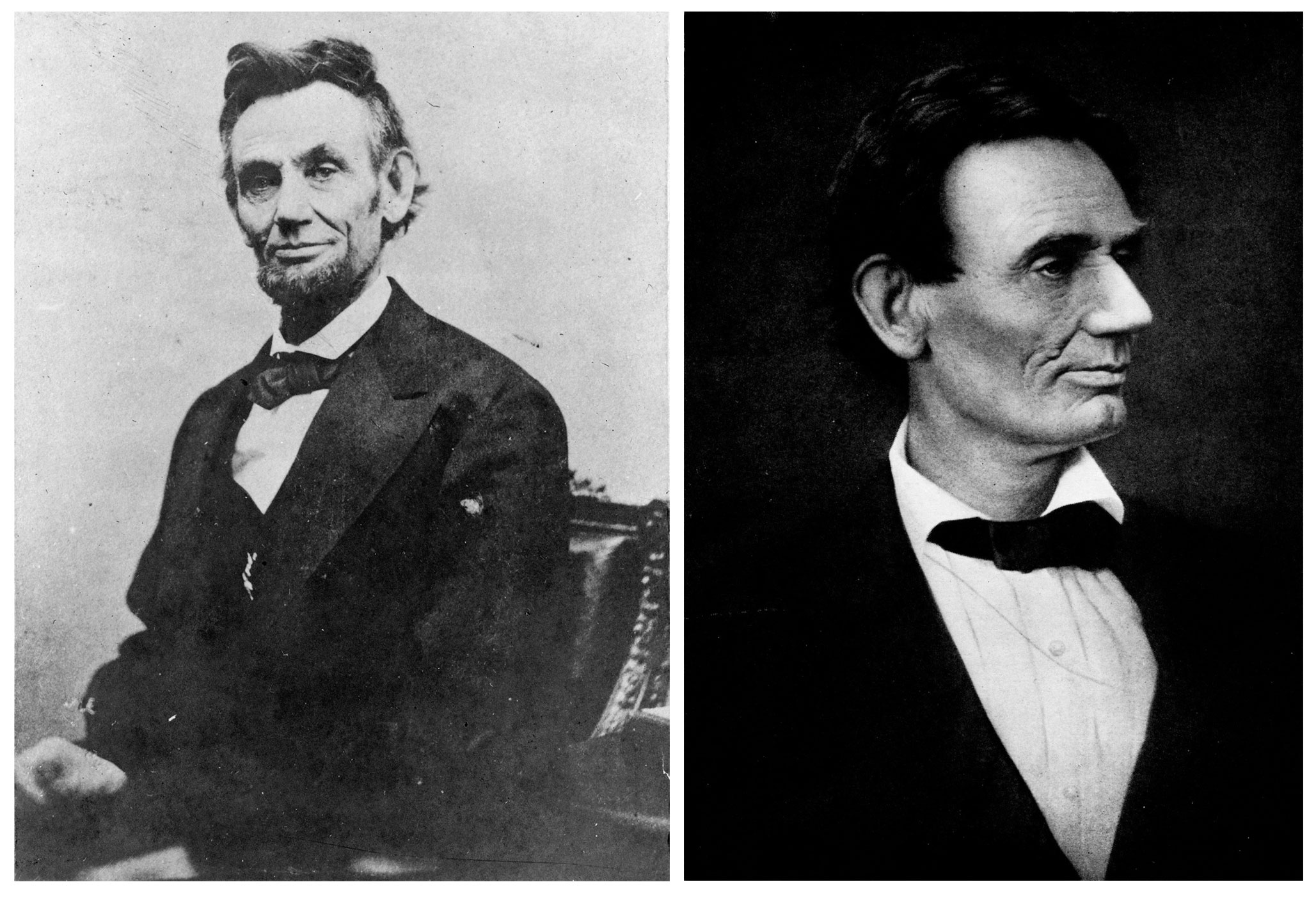


A few months ago, Representative Marjorie Taylor Greene (R., Ga.) opined about the need for a “national divorce.” According to the congresswoman, the sprawl of the federal government and its efforts to impose “woke culture issues” on conservative parts of America cannot be solved without separating from it. Greene isn’t alone: an Economist/YouGov poll in March found that almost a quarter of American adults thought such a move was necessary.
The national divorce movement is a bad idea, as has already been addressed here at National Review, but the tensions that inspire it need to be resolved. Wilfred Reilly’s piece on the movement focused on a renewed commitment to federalism as the cure to today’s social disunity. I’m not convinced, however, that letting each state decide matters of public morality for itself won’t simply further weaken the ties between them.
That’s why I was glad to see Hillsdale professor Miles Smith IV’s piece today in RealClearPolitics on the significance of Lincoln’s “House Divided” speech. While Smith doesn’t deny the importance of federalism, he focuses on the need for national solutions to national problems. One of Lincoln’s great insights, he argues, was in recognizing America as “a nation that necessarily had a unitary moral foundation and moral purpose” without overturning the constitutional order. Rather than inventing an entirely new approach to politics in response to “the excesses of gender ideology, abortion, and other hot-button cultural issues” — or stepping back from the culture war in blue states — conservatives should study the legacy of Lincoln.
You can read the rest of Smith’s piece here.
